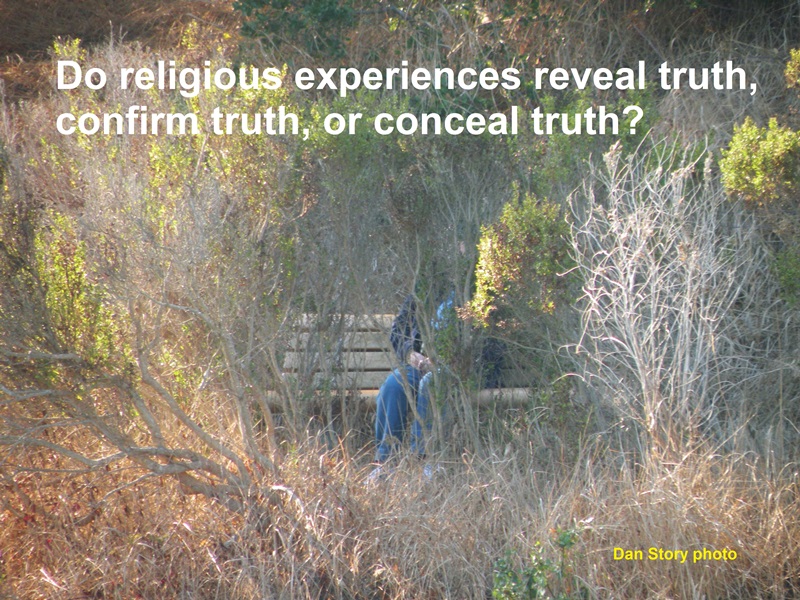Note: If you have not signed up to join my blog email list, please click on “contact” above and send me your name and email address. You will receive notices when I post a new blog and avoid missing future blog posts in this and other series. I do not share email addresses.

Part Ten: What is “Subjective” Apologetics, and How and When Should It Be Applied? (Hard-Boiled vs. Soft-Boiled Postmodernists)
In previous blog posts in this series, I focused primarily on “objective” apologetics when engaging both secular and religious postmodernism. By objective apologetics, I referred to verifiable facts, persuasive reasoning, logic, and plain common sense. As a tactic for applying this approach in apologetic encounters, I suggested we first challenge postmodernists to justify their position on the issues under discussion. This is done by asking questions that require them to defend their views and think objectively about the reasons they believe them (see Parts Six and Seven).
As I emphasized throughout this series, however, the cardinal doctrine of postmodernism is that absolute truth does not exist in any area of knowledge. Thus, for hard-boiled postmodernists (unyielding dogmatists), “truth” so-called is relative, situational, and scripted by one’s personal experiences and cultural milieu. Despite this, the objective approach to apologetics, as examined in previous blogs in this series, can still be effective with many soft-boiled postmodernists. These individuals understand that all people must live in a world bound by the laws of logic. All of us necessarily make real-life decisions that depend on reasoning, factual evidence, and moral absolutes. For these less dogmatic postmodernists, the objective approach to apologetics is a matter of encouraging them to make religious and moral decisions the same way they make other crucial life decisions—reasoning based on the best evidence available. When they do this, they will see (whether accepted or not) that only the Christian worldview is legitimate and verifiable by objective evidence (see last week’s blog).
Subjective Apologetics
However, rational arguments and objective evidence do not always convince hard-boiled, dogmatic postmodernists. Most of them want nothing to do with appeals to facts, reasoning, evidence, or even commons sense. They tend to make decisions, both moral and religious, based on feelings rather than thinking. How do we engage these individuals and help them see that Christian moral and spiritual claims are a product of God-given absolutes? We turn to “Subjective” apologetic tactics.
Since hard-boiled postmodernists rely almost entirely on feelings and experiences, we must establish points of contact that reveal Christian truth claims subjectively. We must provide “evidence” that appeals more to their emotions and feelings than their intellect.
So, in the next two blog posts in this series—rather than appealing to verifiable facts, logic, and persuasive reasoning—we’ll look at the subjective side of Christianity. We’ll appeal more to the heart than to the brain. ©
Next week we’ll explore two avenues of subjective apologetics, and in the following week, a third.